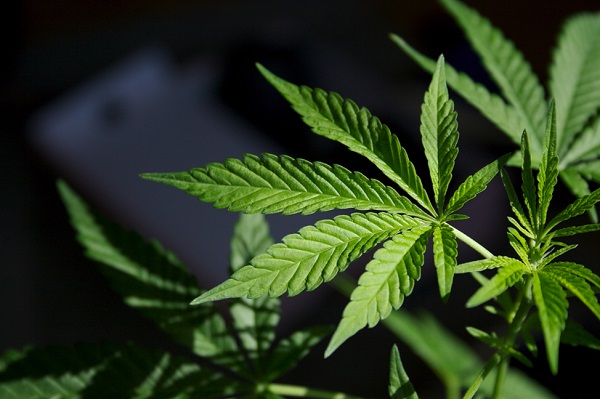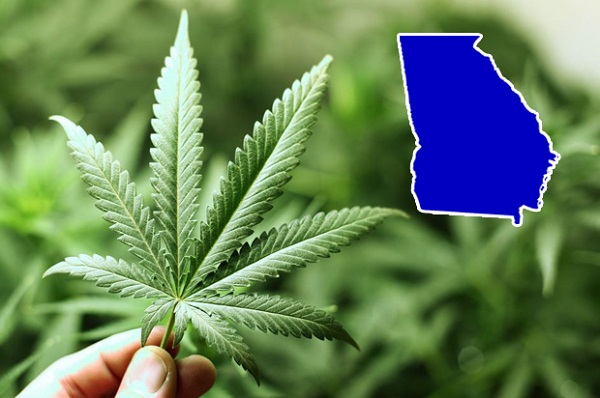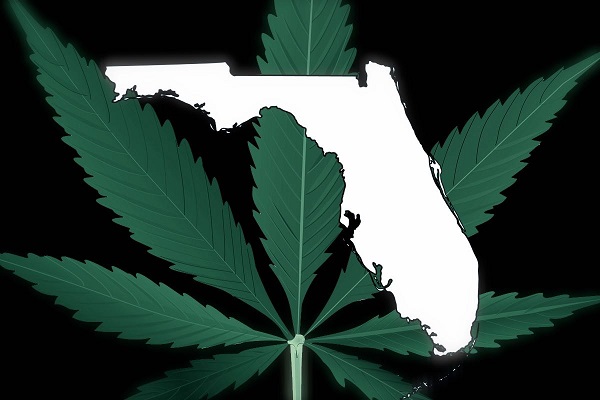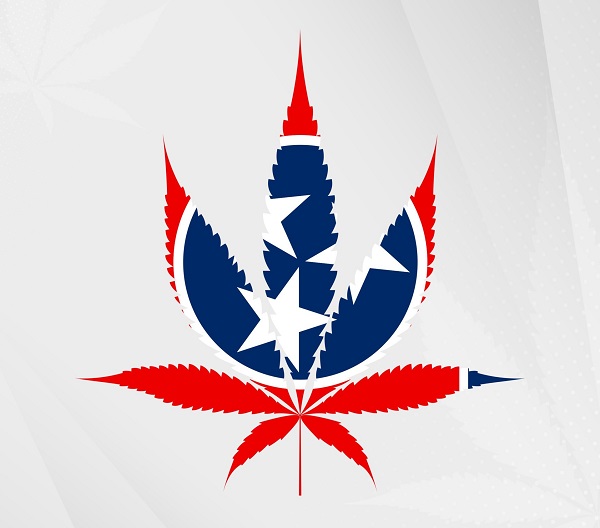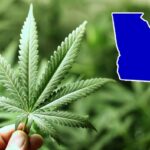In recent years, the cannabis industry has witnessed a rapid expansion fueled by groundbreaking discoveries in the realm of cannabinoids. As scientists delve deeper into the intricate composition of this versatile plant, a new cannabinoid has emerged as a potential game-changer. Introducing THC-B, an intriguing compound that is captivating the attention of researchers, cannabis enthusiasts, and industry professionals alike.
While the cannabis plant has long been associated with its most prominent psychoactive component, delta-9-tetrahydrocannabinol (THC), THC-B represents a fresh frontier in the world of cannabinoids.
What is THC-B?
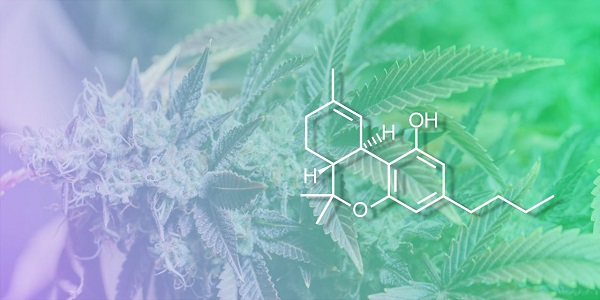
Tetrahydrocannabutol (THC-B) is an intriguing homologue of Delta-9 THC, but with distinct properties that set it apart from its more well-known counterpart. Present in extremely low concentrations, THC-B constitutes less than 1% of the cannabis plant’s chemical composition. Its discovery in 2019 by a team of pioneering cannabis researchers utilizing advanced liquid chromatography techniques to isolate novel cannabinoids marked a significant breakthrough in the field.
During these groundbreaking investigations, THC-B was unearthed alongside another prominent cannabinoid, Tetrahydrocannabiphorol (THC-P), which has gained immense popularity in today’s hemp market as a potent psychoactive compound. Notably, THC-B shares a similar potency with THC-P, boasting a strength approximately 30 times more potent than regular Delta-9 THC.
What distinguishes THC-B from Delta-9 THC is its unique butyl side chain, as opposed to the pentyl side chain found in its well-known counterpart. This structural variation enables THC-B to attach more effectively to CB1 receptors in the brain, resulting in profoundly potent effects. It is worth noting that due to THC-B’s novelty, there is currently limited information available in the form of peer-reviewed research and clinical data. However, many individuals who have experienced THC-B firsthand report its exceptional strength and satisfaction, elevating it to the ranks of their favorite hemp derivatives.
Potential uses and benefits
Tetrahydrocannabutol (THCB) emerges as a remarkably fresh addition to the realm of cannabinoids, which means that comprehensive studies on its potential clinical applications are still underway. Despite its nascent stage, initial research conducted by the cannabinoid’s discoverers indicates that its unique chemical structure holds great promise in interacting with specific cannabinoid receptors that play a crucial role in regulating our emotional and physical well-being.
- Preliminary findings suggest that tetrahydrocannabutol may offer analgesic effects, meaning it has the potential to alleviate physical discomfort by modulating the nervous system’s pain response.
- Furthermore, THCB demonstrates promising anti-inflammatory properties. These characteristics align with the well-documented attributes of various cannabinoids found in the cannabis plant, where analgesic and anti-inflammatory effects frequently accompany their presence.
- Sleep, another vital aspect of our well-being, may benefit from the potential effects of THC-B. Preliminary evidence suggests that this cannabinoid might promote a shorter sleep onset time, hinting at its potential use as a sleep aid. However, further investigation is necessary to comprehensively understand the mechanisms and effectiveness of THCB in promoting improved sleep patterns.
As research on THCB progresses, it is important to recognize the need for continued exploration and rigorous scientific scrutiny. While early indications are promising, additional studies and clinical trials are required to establish the cannabinoid’s therapeutic potential, determine optimal dosage guidelines, and comprehend potential side effects.
Potential risks and side effects
In the realm of limited research surrounding THCB, patients seeking its potential benefits should approach it with a healthy dose of caution until more comprehensive data is accumulated. While the psychoactive nature of THCB remains uncertain, it is crucial to remain mindful of the possibility that consuming excessive amounts could lead to unwanted side effects.
Without a clear understanding of THCB’s psychoactivity, there is a potential risk of inadvertently consuming higher doses than intended. This could result in experiences characterized by dizziness, dry mouth, or lethargy—side effects commonly associated with excessive consumption of certain cannabinoids. Until scientific research sheds light on the psychoactive properties of THCB, prudence and moderation are advisable.
Furthermore, considering the limited available information, it is important to be aware that individual responses to THCB may vary. Factors such as personal tolerance, metabolism, and other physiological considerations can influence the effects experienced. As such, starting with low doses and gradually titrating up while closely monitoring one’s response is a prudent approach.
Patients should also consult with healthcare professionals knowledgeable about cannabis and its derivatives to gain personalized insights and guidance.
Strains with THC-B
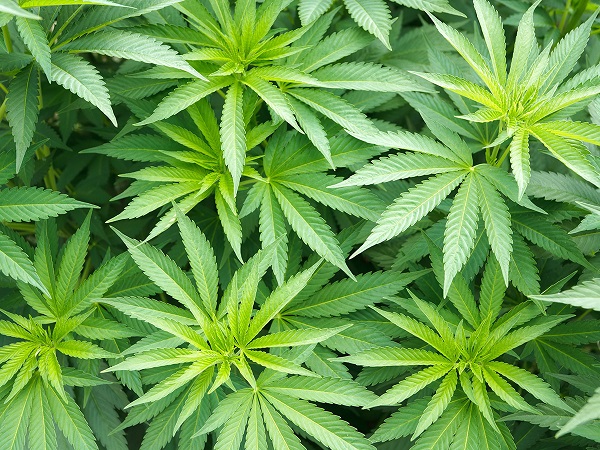
For patients seeking therapeutic relief through cannabis, finding the right cultivar that boasts optimal levels of cannabinoids, terpenes, and flavonoids becomes paramount. However, in the realm of newly discovered cannabinoids, such as THCB, identifying cultivars with higher concentrations remains a challenge due to the limited research available.
The scarcity of comprehensive studies surrounding THCB makes it difficult to determine which cultivars may contain elevated levels of this enigmatic cannabinoid. As a result, patients and researchers alike find themselves in a realm of uncertainty, yearning for deeper insights into the potential benefits and characteristics of THCB-rich cultivars.
In this landscape of ambiguity, it is essential to approach cultivar selection with caution and rely on current knowledge regarding established cannabinoids and their therapeutic properties. While THCB holds tremendous potential, the lack of extensive research prohibits us from definitively pinpointing which cultivars might exhibit higher THCB levels.
Is THC-B legal?
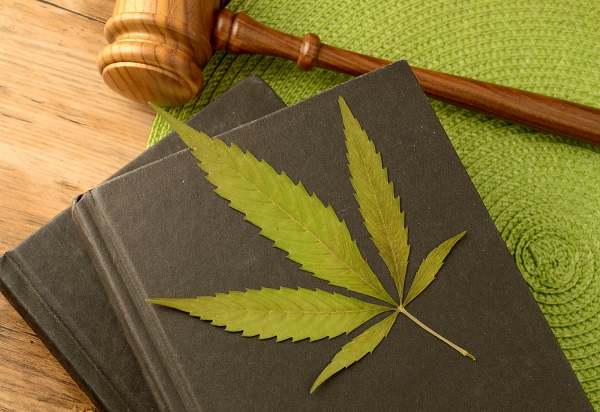
The legal status of THC-B can vary depending on the jurisdiction and the specific laws governing cannabis and its derivatives in a particular region. As THC-B is a relatively newly discovered cannabinoid, its legal status may not have been specifically addressed in existing cannabis legislation. For example, the 2018 Farm Bill legalized the hemp plant on a federal level, by declaring that all hemp derivatives can be sold legally throughout the United States as long as they are tested to prove that they contain no more than 0.3% Delta-9 THC. Because of that, Tetrahydrocannabutol is classified as a federally legal cannabinoid. However, a handful of states have since banned intoxicating hemp derivatives:
- Alaska
- Arizona
- Arkansas
- Colorado
- Delaware
- Hawaii (Oral and Inhalable Products)
- Idaho
- Iowa
- Mississippi
- Montana
- Nevada
- New York
- North Dakota
- Oregon
- Rhode Island
- Utah
- Vermont
- Washington State
In general, the legality of THC-B is often tied to the legal status of THC and cannabis products in a given jurisdiction. In countries or states where cannabis and THC are legal for medical or recreational use, THC-B may also be considered legal, subject to any specific regulations or restrictions. However, it is crucial to note that even in regions where cannabis is legal, the legality of individual cannabinoids or specific products can still be subject to further regulations and restrictions.
It is important to research and understand the specific laws and regulations related to cannabis and cannabinoids in your jurisdiction to determine the legal status of THC-B.
What kind of THC-B products are out there?
Tetrahydrocannabutol (THC-B) comes in various product types, each offering a distinct and individualized high. Let’s delve into the most commonly available THC-B products on the market, allowing you to choose the experience that suits you best.
- THC-B Vapes: Among the most popular options, THC-B vapes are available in both vape cartridge and disposable vape pen formats. These products offer convenience, portability, and deliver rapid and potent effects. With a wide selection of strains to choose from, THC-B vapes provide a customizable and efficient way to indulge in the unique high of this cannabinoid.
- THC-B Tinctures: THC-B tinctures are designed for sublingual administration, where the oil is placed under the tongue for absorption. This delivery method ensures a sustained high that can last for 4 to 6 hours, providing an extended and controlled experience.
- THC-B Gummies: Appealing to both the taste buds and cannabis enthusiasts, THC-B gummies offer a delightful fruity experience. When ingested, these delectable treats provide a long-lasting high that can extend up to an impressive 8 hours. The prolonged duration allows for a more immersive and sustained THC-B experience.
- THC-B Blends: THC-B blends encompass a combination of cannabinoids and compounds, offering an extraordinary experience enhanced by the entourage effect. By leveraging the synergistic interactions between different components, THC-B blends provide a unique and heightened high that showcases the complexity and richness of cannabis.
When selecting THC-B products, it is important to consider personal preferences, desired effects, and consumption method. As with any cannabis product, it is advisable to start with a low dosage and gradually increase to find the optimal experience while ensuring safety and well-being.
Summary
Tetrahydrocannabutol (THC-B) is a relatively new and understudied cannabinoid that holds promise for potential therapeutic applications. However, due to the limited research available, caution should be exercised when considering its use. The psychoactive nature of THC-B is still unclear, and consuming excessive amounts could potentially lead to unwanted side effects. Patients should approach THCB with prudence, starting with low doses and closely monitoring their response. Consulting healthcare professionals knowledgeable about cannabis is advisable. Further research is needed to gain a better understanding of THCB’s properties and determine its safety and efficacy for various conditions.

